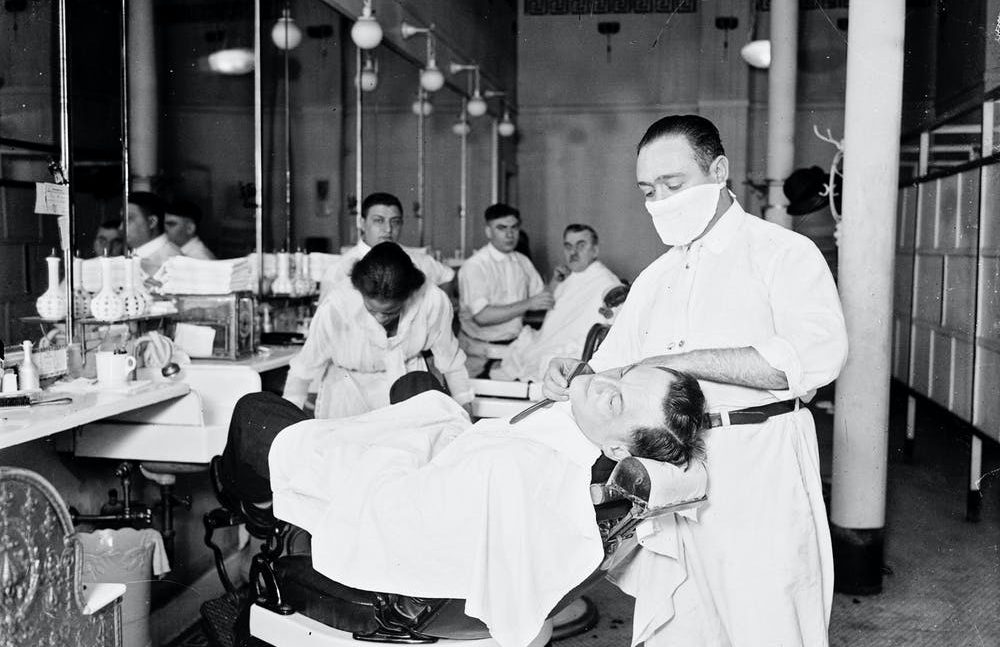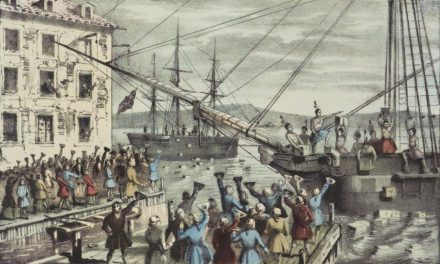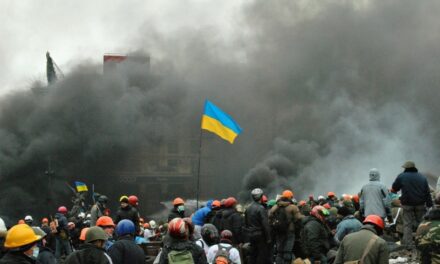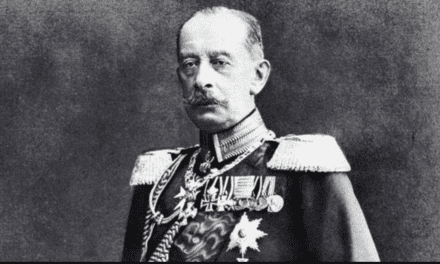Reading time: 6 minutes
The history of the lead up to WWI is undoubtedly dominated by Europe. European powers understandably take centre stage, given their influence on the start of the Great War. However, the years before WWI were a period of change – not just in Europe – but all over the world. Revolutions, wars, and political upheaval were rampant globally from the beginning of the 20th century. These events impacted their respective regions, global international relations, and caused momentous change that still carries influence today.
By Madison Moulton.
The Russo-Japanese War
The Russo-Japanese War, fought between 1904 and 1905, foreshadowed the brutal conflict that would follow ten years later. The conflict began over two territories – Manchuria and Korea. Under Tsar Nicholas II, the Russian Empire was in search of a Pacific port for trade and naval operations. They targeted the Liaodong peninsula in China – the site of Port Arthur that the Russians leased from the Chinese after providing support in the Sino-Japanese war of 1895.
Japan, fearing Russia’s expansionist policy would encroach on their imperial ambitions in Asia, offered control of Manchuria to Tsar Nicholas. In return, Russia would recognize Japanese control over the Korean territory. The Tsar refused the offer and insisted Northern Korea must remain neutral, derailing negotiations between the two parties. The Japanese opted to go to war, attacking Port Arthur on February 8, 1904.
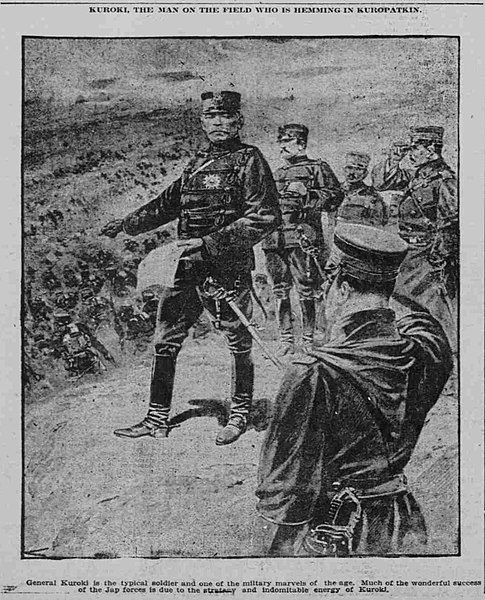
In a result few expected, the Japanese military dominated the Russians and handed an Asian power the first modern victory against a great power. The balance of power in Asia shifted, with Japan coming out on top. Japanese aggression and imperial goals strengthened, leading to the Second Sino-Japanese War and the country’s prominent involvement as an Axis power in World War II.
The consequences for Russia were severe. Their costly defeat reduced their global reputation as a leading territorial power. The humiliation and damage the country faced was a significant motivator for the 1905 Russian Revolution. Although Tsar Nicholas managed to quell unrest, the negative impacts carried beyond the start of World War I to the Russian Revolution of 1917 – one of the most significant revolutions of the 20th century.
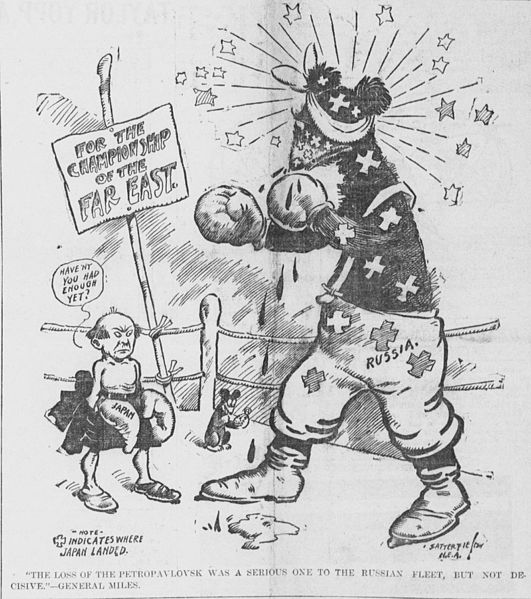
The global attention the Russo-Japanese War received set the stage for World War I ten years later. The advanced weapons used, the level of brutality, and the issues fought have led some historians to label this war ‘World War Zero’.
Read more about the Russo-Japanese War.
The 1911 Chinese Revolution
In 1895, China lost the Sino-Japanese War and paid a heavy price. The people were angered by the decreasing influence of China globally, the cost of the war, and the ineffectiveness of the Qing Dynasty. Imperial dynasties had ruled China for thousands of years. But the negative image of the Qing in the early 20th century prompted the Chinese people to demand modernization of the feudal society. Despite attempts to silence domestic opposition by force, the image of the Dynasty was irreparably damaged.
Revolutionary groups organised uprisings against the Qing after their failure to institute effective reforms and modernization programs. On October 10th, 1911 – a day still celebrated in China – the Wuchang Uprising spurred the 1911 Revolution. Two months later, dynastic rule ended and China became a republic for the first time in history.
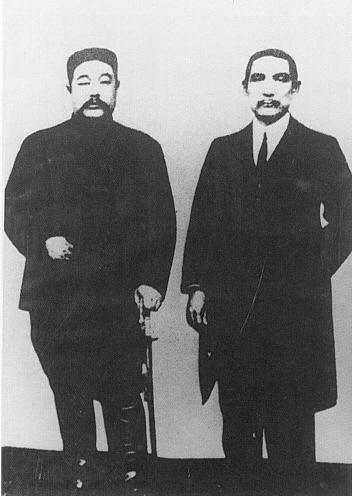
Its legacy is contested, but most agree the modern Chinese state stems from this 1911 Revolution. It set the country on a path to new political systems, better economic management, and a strong military that increased Chinese global influence throughout the 20th century. The events may be interpreted differently by opposition parties in China today, but all agree that the revolution was the start of the country’s current global success.
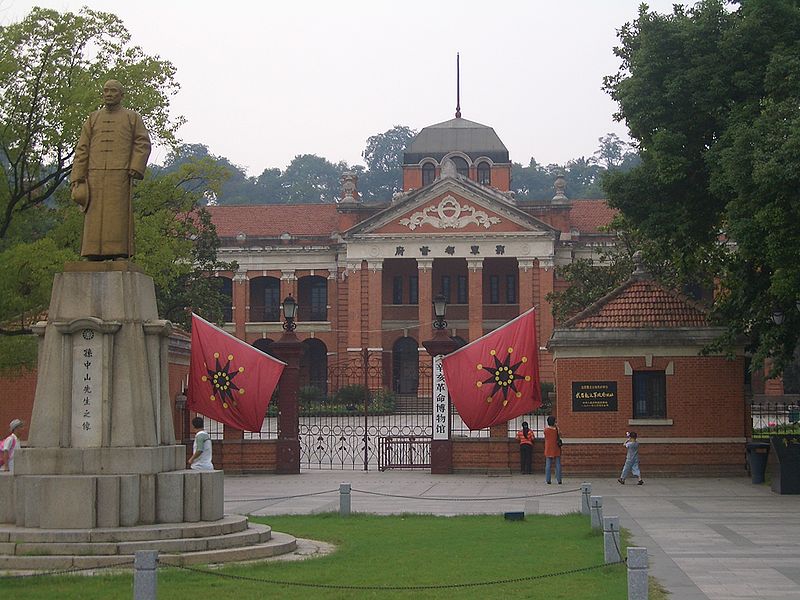
The Young Turk Revolution
In the lead up to WWI, another revolution sparked the dissolution of an empire hundreds of years old. In 1908, the leader of the Ottoman Empire Sultan Abdul Hamid II was overthrown by the Young Turk Movement. The Young Turks, united in their opposition to rule by absolute monarchy and their dreams for modernization of the empire, led a rebellion to replace the Sultan with a constitutional government. The revolution’s success restored the Constitution of 1876 and brought hope to the declining Ottoman Empire.
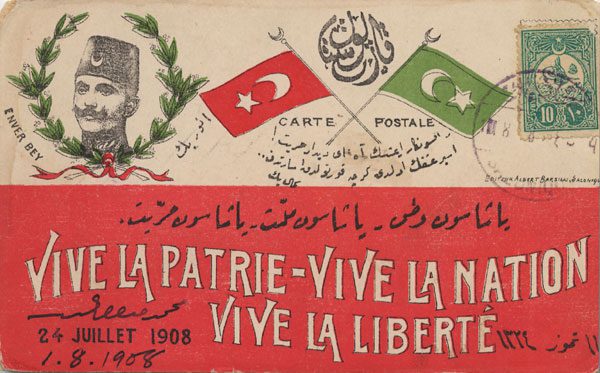
Unfortunately, that hope did not last. The new government was not as effective as promised, resulting in political unrest. The Sultan, now occupying a symbolic position, attempted to seize power only a year later through a countercoup. In their bid to save the Ottoman Empire, the Young Turk Revolution had the opposite effect. Political chaos and power struggles were the beginning of the end of the Empire, which finally dissolved in 1922.
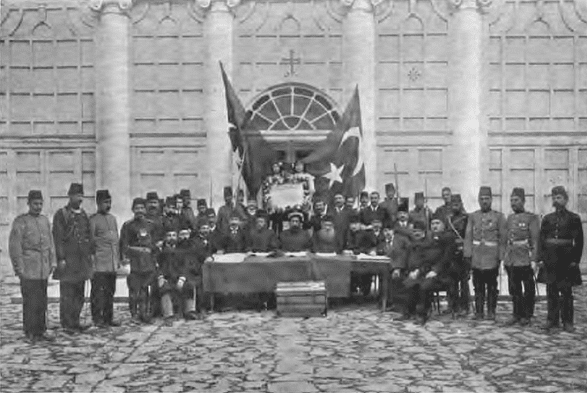
The political turmoil also influenced greater power struggles outside the empire. The Ottomans controlled a substantial portion of the territory in the Balkans. Taking advantage of the Empire’s political strife after the Revolution, Austria-Hungary annexed Bosnia and Herzegovina, triggering the Bosnian Crisis of 1908. The Crisis damaged relations between Austria-Hungary and other global powers; a tension that would come to a head in the declarations of war that began World War I.
Much of the attention is on Europe in the lead up to World War 1. However, the Russo-Japanese War, the 1911 Chinese Revolution, and the Young Turk Revolution – occurring outside the sphere of European relations – greatly impacted the countries involved, the events of WWI, and the rest of the 20th century. The period before WWI was a period of global change, the results of which can be seen around the world today.
Articles you may also like

The Two Countries That ‘Escaped’ The Scramble for Africa
The Scramble for Africa is often recognized as the beginning of colonialism and European Imperialism. Beginning in 1884, the scramble brought most of the African continent under European control, barring two countries – Liberia and Ethiopia. However, debate continues over whether these regions truly escaped colonialism as they grapple with the same colonial legacies that […]
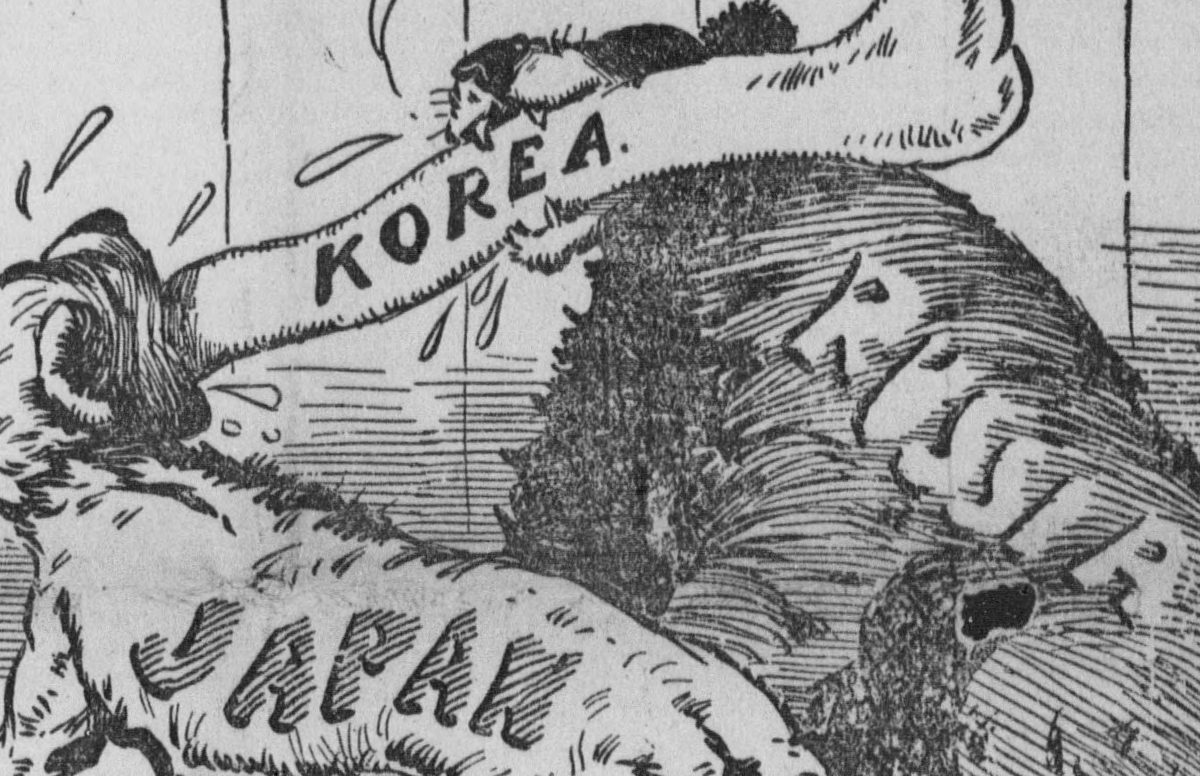
Rising Sun, Complacent Bear: The Russo-Japanese War
The Russo-Japanese War resulted in one of Russia’s greatest military upsets, and one of Japan’s most significant military victories, in modern history. By Madison Moulton At odds over imperial ambitions in Asia, a recently modernized Japan declared war on Russia in 1904, sparking a year-long conflict that set the stage for the century of war […]

